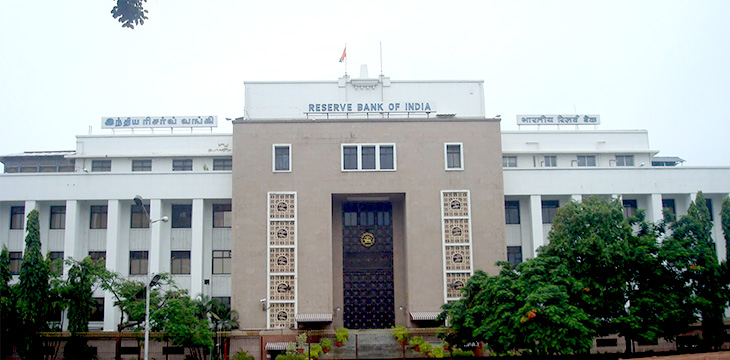|
Getting your Trinity Audio player ready...
|
At the end of August, rumors surfaced that the Reserve Bank of India (RBI) had secretly created a division that was involved in the research and creation of regulations for emerging technologies, including blockchain and cryptocurrencies. The fact that the central bank would be involved in cryptocurrencies was somewhat shocking, given that it has taken a staunch anti-crypto approach to allowing banks to work with businesses in the industry. Now—more than a month after the news first circulated—RBI has stepped forward to deny the rumors.
Financial news outlet The Economic Times first mentioned the new division in August, noting that RBI had already been operating the unit for about a month based its information on two sources close to the Indian central bank.
RBI has rejected the claims, stating that it has no crypto-focused unit. The rejection came as a response to a “right to information” (RIT) request made by Coin Crunch’s Naimish Sanghvi.
The rejection is made even more puzzling by the fact that RBI stated shortly after the story was published in the Economic Times that it had, in fact, formed an “inter-departmental group” designed to “study and provide guidance on the feasibility to introduce a central bank digital currency.” It would appear that RBI executives aren’t sure what is going on inside their own bank.
In the early part of 2017, the research arm of RBI published a report on the benefits of blockchain technology in banking. That department, the Institute for Development & Research in Banking Technology, asserted that blockchain technology had “matured enough” to allow for the digitization of the rupee.
About a year later, Prime Minister Narendra Modi publicly spoke about the positives of the blockchain, stating that he would like to see “rapid adaption” of the technology.
The current ban implemented by RBI has caused serious damage to the crypto industry in the country. While a couple of exchanges have been able to figure out ways to legal sidestep the order, others have suffered irreparable harm. Zebpay, formerly one of the largest cryptocurrency exchanges in the country, has now permanently closed its doors because of the ban.
The debate over RBI’s authority to prevent banks from working with crypto companies has been taken to the country’s Supreme Court. However, the court has twice delayed hearing arguments, only exacerbating the situation further. At this rate, India could become the weakest country in the cryptocurrency world in relatively short order.

 03-05-2026
03-05-2026 




